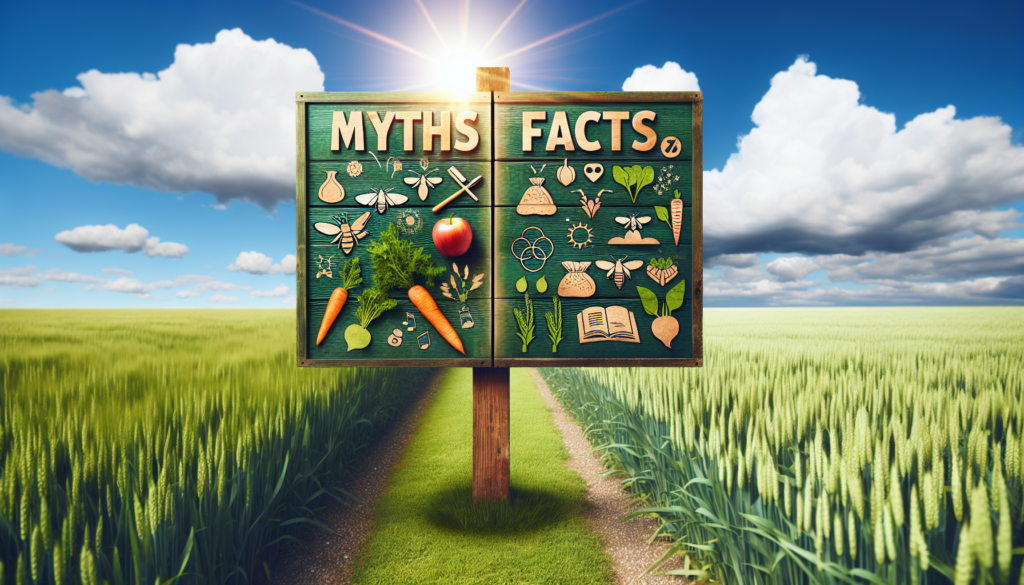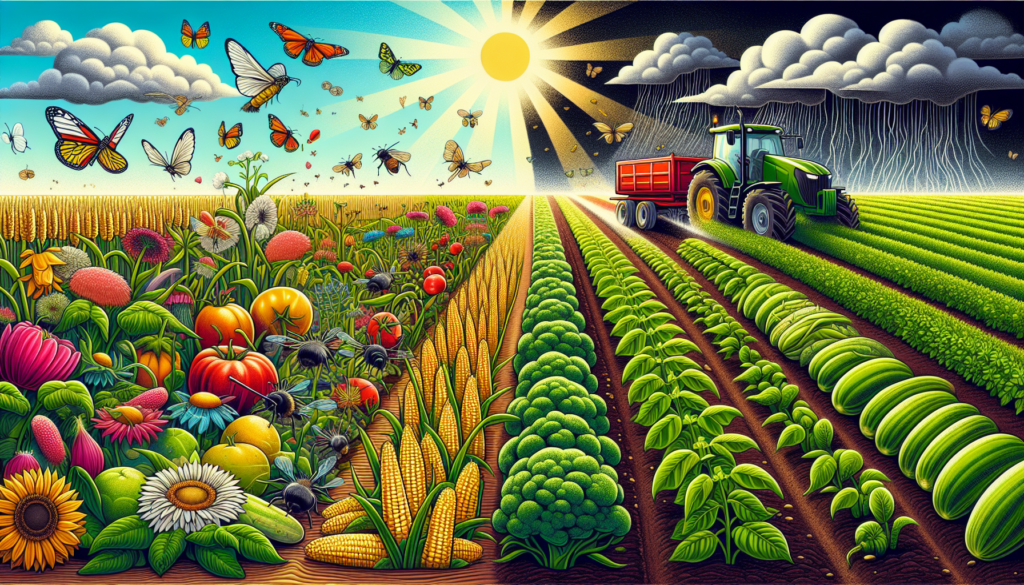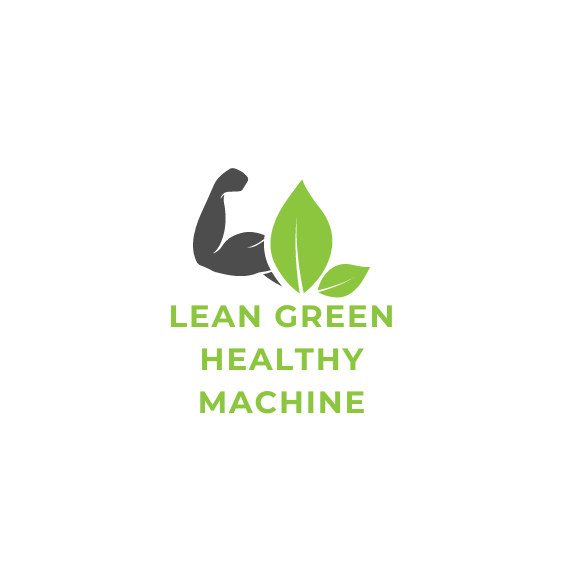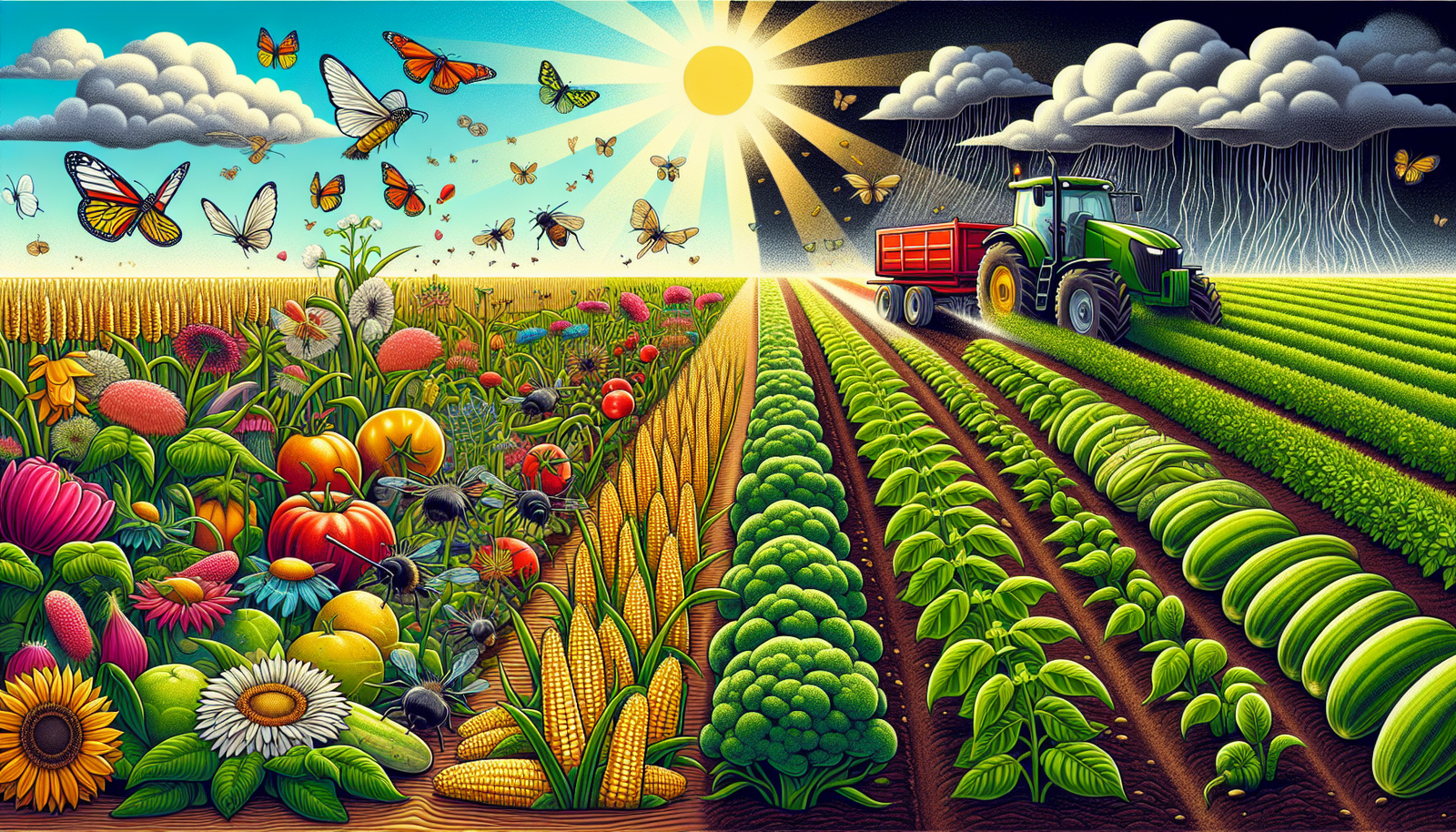In the world of nutrition and wellness, there is often a lot of discussion around organic food and its supposed benefits. However, it’s important to separate fact from fiction when it comes to organic food myths. This article will explore some common misconceptions surrounding organic food, shedding light on the truth behind these claims. Whether you’re a health enthusiast or simply curious about the topic, debunking these myths will help you make informed choices about your diet and overall well-being.

What is organic food?
Definition
Organic food refers to agricultural products that are produced using methods that prioritize natural and sustainable practices. These methods avoid the use of synthetic pesticides, fertilizers, genetically modified organisms (GMOs), and ionizing radiation. Organic farming aims to promote biodiversity, protect the environment, and enhance soil fertility.
Certification process
To ensure the authenticity of organic food, various certification agencies exist that verify compliance with organic standards. These standards may vary slightly between countries, but they generally involve strict regulations on farming practices and production methods. Organic farms undergo rigorous inspections and must maintain detailed records to maintain their certification. This process assures consumers that they are purchasing genuine organic products.
Benefits of organic food
Nutritional value
Organic food is often associated with superior nutritional value. Some studies suggest that organic fruits, vegetables, and grains may contain higher levels of certain vitamins, minerals, and antioxidants compared to conventionally grown counterparts. Additionally, organic meats and dairy products may be higher in certain beneficial fatty acids.
Environmental impact
One of the significant advantages of organic food is its positive environmental impact. Organic farming practices prioritize the use of natural fertilizers and sustainable methods to maintain soil health and prevent water pollution. By avoiding synthetic pesticides and harmful chemicals, organic farming helps to preserve biodiversity and protect ecosystems.
Reduced pesticide exposure
Choosing organic food also reduces exposure to potentially harmful pesticides. Many conventional farming practices involve the use of synthetic pesticides, which can leave residues on crops. Organic farming avoids the use of synthetic pesticides, thus reducing the risk of pesticide exposure through food consumption. This is especially important for individuals with sensitivities, children, and pregnant women.
Organic food and health
Nutritional superiority
While some studies suggest that organic food may contain higher levels of certain nutrients, it is important to note that the overall nutritional differences between organic and conventionally grown food are still a subject of scientific debate. The variations in nutrient content can be influenced by many factors, including soil quality, farming practices, and crop varieties. Therefore, it is essential to consider a well-balanced diet and not solely rely on organic food for superior nutrient intake.
Enhanced immune system
Some proponents of organic food argue that the avoidance of pesticides and other chemicals may help support a healthier immune system. By reducing exposure to potentially harmful substances, organic food enthusiasts believe that the immune system can function optimally. However, more research is needed to fully understand the impact of organic food on immune health.
Reduced risk of diseases
Eating organic food is often associated with a reduced risk of certain diseases. Some studies suggest that organic food consumption may be linked to a lower likelihood of developing chronic conditions such as obesity, heart disease, and certain types of cancer. While organic food alone cannot guarantee disease prevention, it may be part of an overall healthy lifestyle that includes a balanced diet and regular physical activity.
Organic farming practices
Crop rotation
Crop rotation is a fundamental practice in organic farming. It involves systematically alternating different crops in the same field to prevent the build-up of pests and diseases. By diversifying the crops grown, organic farmers can disrupt pest life cycles and maintain soil fertility more effectively. This practice also reduces the need for synthetic pesticides and can promote natural pest control methods.
Composting
Composting is another crucial aspect of organic farming. It involves the recycling of organic waste materials, such as kitchen scraps, garden trimmings, and animal manure, into nutrient-rich compost. This compost serves as a natural fertilizer, enriching the soil with essential nutrients and enhancing its water-holding capacity. Composting reduces the reliance on synthetic fertilizers while promoting sustainable and environmentally friendly farming practices.
Natural pest control
Organic farmers prioritize natural pest control methods to manage pests without relying on synthetic pesticides. These methods may include introducing beneficial insects that prey on pests, using pheromone traps to disrupt mating patterns, and employing physical barriers to protect crops. By promoting natural pest control, organic farming minimizes harm to beneficial insects, preserves biodiversity, and maintains a balanced ecosystem.

Myth 1: Organic food is more nutritious
Lack of scientific evidence
While some studies suggest that organic food may have slightly higher nutrient levels, the scientific evidence is not yet definitive. Many factors can influence the nutrient content of food, including soil quality, farming practices, and post-harvest handling. Therefore, it is incorrect to claim that organic food is consistently more nutritious than conventionally grown food.
Varying nutrient content
The nutrient content of both organic and conventionally grown food can vary greatly depending on multiple factors. Soil quality, climate, ripeness at harvest, transportation, and storage conditions all play a role in determining the nutritional value of food. These variations can occur within both organic and conventional farming methods, making it essential to focus on overall dietary diversity and balance rather than solely relying on organic food for superior nutrients.
Myth 2: Organic food is completely pesticide-free
Strict regulations on pesticides
While organic farming avoids the use of synthetic pesticides, it does not mean that organic food is entirely pesticide-free. Organic farmers are permitted to use approved pesticides derived from natural sources, such as botanical oils or specific bacteria. These substances undergo rigorous evaluation and must meet organic standards to ensure their safety and minimal environmental impact.
Use of approved pesticides
Organic farmers primarily focus on prevention and natural pest control methods to mitigate pest damage. However, if these methods prove insufficient, they may apply approved pesticides as a last resort. These pesticides are carefully selected to minimize harm to beneficial insects and the environment while effectively targeting specific pests. It is important to note that the residues of approved pesticides on organic crops are typically significantly lower than those found on conventionally grown crops.
Myth 3: Organic farming is unaffordable
Higher production costs
Organic farming often involves higher production costs compared to conventional farming. Organic farmers employ labor-intensive practices, prioritize soil health, and invest in sustainable methods. These additional costs may result in slightly higher prices for organic food products. However, as demand for organic products continues to grow, economies of scale and advancements in organic farming techniques are helping to make organic food more economically accessible.
Economic accessibility
While organic food may be more expensive than conventionally grown food in some instances, it is important to consider the long-term costs, including the potential health benefits and environmental impact. Making informed choices about food consumption is crucial, and there are ways to make organic food more affordable, such as by purchasing in-season produce, buying in bulk, joining community-supported agriculture programs, or growing your own food.
Myth 4: Organic farming is unsustainable
Reduced carbon footprint
Organic farming practices can contribute to a reduced carbon footprint compared to conventional farming methods. By avoiding the use of synthetic fertilizers, organic farming minimizes the release of greenhouse gases into the atmosphere. Additionally, organic farmers prioritize soil health through practices like composting and crop rotation, which enhance carbon sequestration and contribute positively to climate change mitigation.
Preservation of soil fertility
Organic farming focuses on building and maintaining soil fertility through natural methods. By avoiding synthetic fertilizers and chemicals, organic farmers promote the presence of beneficial microorganisms in the soil, which support nutrient cycling and improve soil structure. This emphasis on soil health helps to preserve the long-term fertility of farmland, ensuring sustainable food production for future generations.
Myth 5: Organic food tastes better
Subjective preference
The perception that organic food tastes better is largely subjective and varies from person to person. Taste preferences can be influenced by factors such as personal experiences, cultural influences, and individual sensitivity to certain flavors. While some people may prefer the taste of organic food, others may not notice a substantial difference compared to conventionally grown counterparts.
Influencing factors
The taste of food can be influenced by various factors unrelated to organic farming methods. Factors such as crop variety, ripeness at harvest, freshness, and preparation methods can have a significant impact on the taste and overall quality of food. It is essential to consider these factors when assessing the taste of organic food and recognize that personal preferences play a significant role in determining what tastes better for each individual.
Conclusion
The importance of informed decision making
Understanding the myths and realities surrounding organic food is key to making informed decisions about food consumption. While organic food has several benefits, it is essential to recognize that both organic and conventionally grown food can contribute to a healthy and balanced diet. Considering factors such as nutritional value, environmental impact, personal preferences, and individual budgets can help individuals make choices that align with their health, values, and resources. By fostering a deeper understanding of organic food and farming practices, individuals can contribute to a sustainable and thriving food system.

